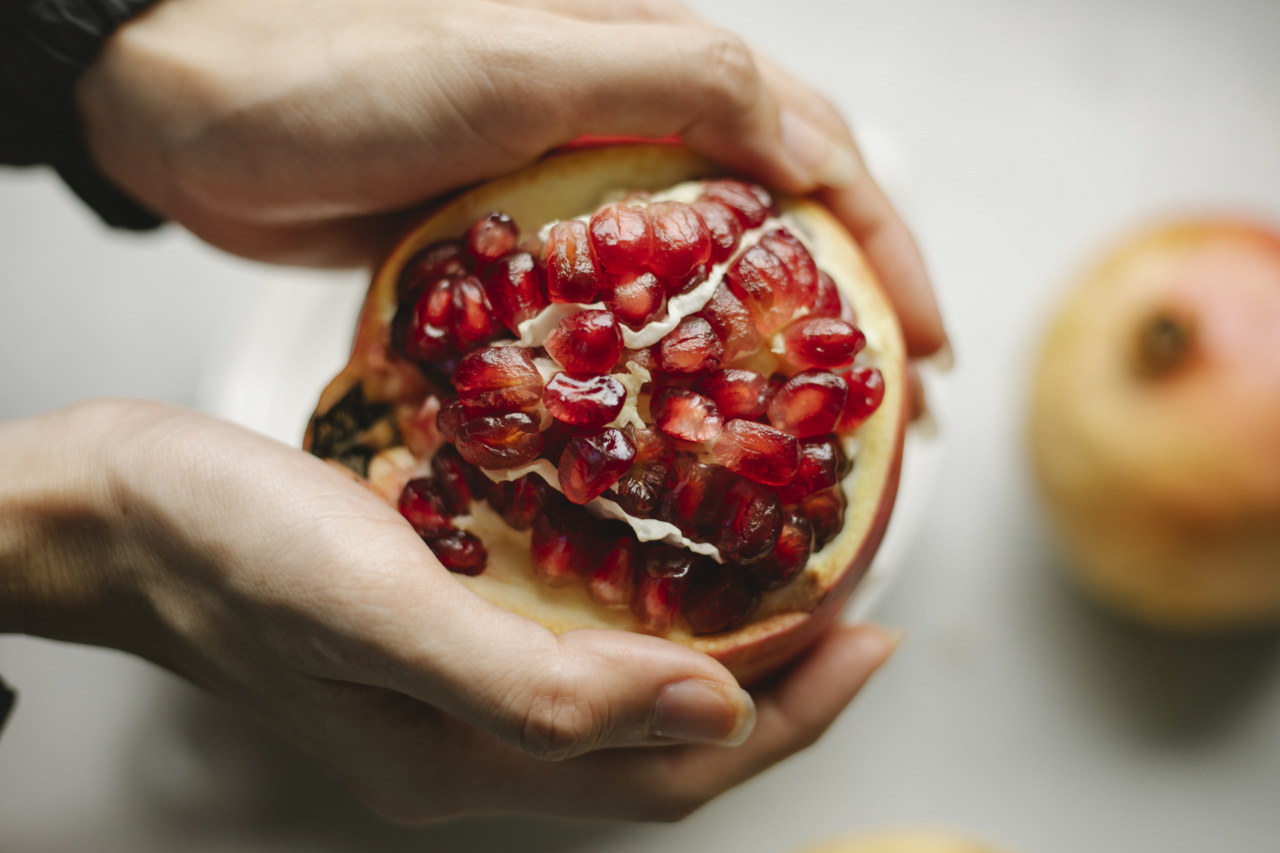When it comes to shedding those extra pounds and reaching your weight loss goals, what you put on your plate plays a crucial role.
While regular exercise and overall healthy lifestyle choices are key factors, the food you consume has a significant impact on your weight loss journey. To optimize your efforts, here is a comprehensive list of foods that you should consider cutting out:.
1. Sugary Beverages
One of the top offenders in the battle against weight loss is sugary beverages such as sodas, energy drinks, and even some fruit juices. These drinks are loaded with empty calories that provide little to no nutritional value.
Additionally, the high sugar content in these beverages can cause blood sugar spikes and crashes, leading to increased hunger and weight gain.
2. Processed Snacks
Processed snacks like chips, crackers, and pretzels often contain unhealthy trans fats, excessive sodium, and refined carbohydrates. These ingredients can contribute to weight gain and negatively impact your overall health.
Instead, opt for healthier alternatives like fresh fruits, raw nuts, or homemade snacks.
3. White Bread and Pasta
Refined grains found in white bread, pasta, and rice may taste good, but they lack essential nutrients and have a high glycemic index. These high GI foods can cause sugar cravings and lead to weight gain.
Consider switching to whole wheat or alternative grain options for a healthier choice.
4. Fried Foods
Fried foods like French fries, fried chicken, and doughnuts are often high in unhealthy fats and calories. They provide little nutritional value while contributing to weight gain, heart problems, and other health issues.
Opt for healthier cooking methods such as baking, grilling, or steaming to reduce calorie intake.
5. Sugary Treats and Desserts
Cakes, cookies, ice cream, and other sugary treats are packed with added sugars and unhealthy fats. These desserts can quickly sabotage your weight loss efforts.
Try healthier alternatives like fruit salads, yogurt with berries, or dark chocolate with high cocoa content for a guilt-free indulgence.
6. Fast Food
Fast food meals are often high in saturated fats, processed ingredients, and excessive calories. Regularly consuming fast food not only contributes to weight gain but also poses long-term health risks.
Limit your intake of fast food and opt for homemade, nutrient-dense meals where you have control over the ingredients.
7. Sugary Cereal
Many breakfast cereals marketed as “healthy” are loaded with refined sugars and lack fiber or protein. Consuming these sugary cereals can lead to blood sugar spikes and leave you feeling hungry shortly after eating.
Choose whole grain or low-sugar options instead and add fresh fruits or nuts for added flavor and nutrients.
8. Alcohol
Alcoholic beverages not only contribute empty calories but can also negatively impact your judgment and lead to poor food choices. Moreover, alcohol is known to slow down metabolism and hinder fat burning.
Limit your alcohol intake and opt for healthier alternatives like infused water or herbal tea.
9. High-Calorie Coffee Drinks
While a cup of black coffee is a low-calorie beverage, many popular coffee drinks like lattes, mochas, and frappuccinos are loaded with added sugars, syrups, and whipped cream. These seemingly innocent drinks can contain as many calories as a full meal.
Opt for black coffee or try alternative milk options and natural sweeteners.
10. Highly Processed Meats
Processed meats like sausage, bacon, and deli meats often contain high levels of sodium and unhealthy additives. Regular consumption of these meats has been linked to weight gain, heart disease, and certain types of cancer.
Choose lean, unprocessed meats or plant-based protein sources as healthier alternatives.
In conclusion, cutting out these food choices can greatly aid in your weight loss journey.
While the occasional indulgence is acceptable, making healthier choices overall will improve your chances of reaching your weight loss goals and maintaining a healthy lifestyle. Remember to always consult with a healthcare professional or registered dietitian for personalized advice and guidance.



























